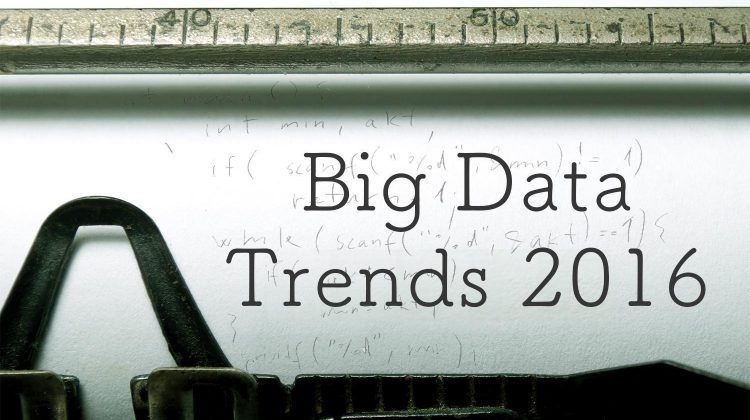Datafloq enables anyone to contribute articles, but we value high-quality content. This means that we do not accept SEO link building content, spammy articles, clickbait, articles written by bots and especially not misinformation. Therefore, we have developed an AI, built using multiple built open-source and proprietary tools to instantly define whether an article is written by a human or a bot and determine the level of bias, objectivity, whether it is fact-based or not, sentiment and overall quality.
Articles published on Datafloq need to have a minimum AI score of 60% and we provide this graph to give more detailed information on how we rate this article. Please note that this is a work in progress and if you have any suggestions, feel free to contact us.




 In 2015 we saw the appearance of data lakes. Data lakes are becoming an essential big data storage
In 2015 we saw the appearance of data lakes. Data lakes are becoming an essential big data storage  The past years, we have seen Blockchain primarily linked to Bitcoin, but the Blockchain technology offers a lot more possibilities. In 2016 we will, therefore, see that multiple industries will adopt Blockchain. A
The past years, we have seen Blockchain primarily linked to Bitcoin, but the Blockchain technology offers a lot more possibilities. In 2016 we will, therefore, see that multiple industries will adopt Blockchain. A  For most organisations, their talent is the most important asset, and for most senior executives, talent is a top priority. According to research by
For most organisations, their talent is the most important asset, and for most senior executives, talent is a top priority. According to research by  For the largest commercial organisations, big data is already a common language. Governments are traditionally slow in adopting new trends, but in 2016 we will see more national, regional and local governments embrace big data technology to improve their society and the citizen experience. Governments are experimenting with Big Data techniques to improve citizen experience
For the largest commercial organisations, big data is already a common language. Governments are traditionally slow in adopting new trends, but in 2016 we will see more national, regional and local governments embrace big data technology to improve their society and the citizen experience. Governments are experimenting with Big Data techniques to improve citizen experience  With everything going digital and the Internet of Things connecting the unconnected to the Internet,
With everything going digital and the Internet of Things connecting the unconnected to the Internet,  Fog computing is gaining a lot of traction, rapidly.
Fog computing is gaining a lot of traction, rapidly. 
